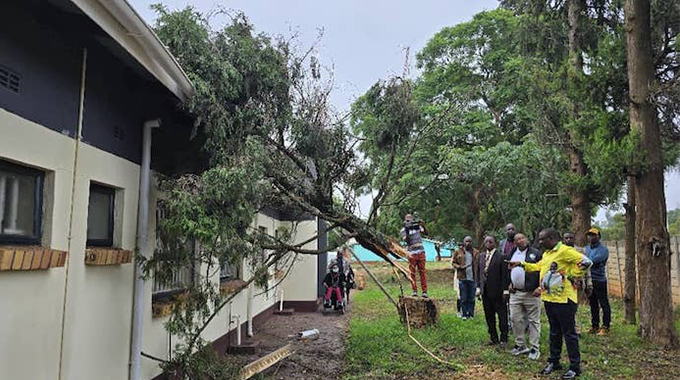Artistes urged to join formal sector: Social welfare ministry, Unesco, ILO collaborate to boost artistes rights

Sipepisiwe Moyo and Ashley Phiri, Chronicle Writers
The Ministry of Public Service Labour and Social Welfare, in collaboration with UNESCO, the International Labour Organization (ILO), and the National Arts Council of Zimbabwe (NACZ), is advocating for the formalisation of the informal sector, with a particular focus on the creative industry.
During a two-day National Indaba event held at Holiday Inn in Bulawayo from Tuesday, various artistic domains were engaged by the partners to address artistes’ concerns and work towards formalising the creative industry. Many creatives, it was observed, do not belong to any union and are hesitant to register their works due to concerns about taxation.
Ms Nisha, the regional director and representative for UNESCO, emphasised the importance of artistes well-being in ensuring the vibrancy of the art industry. She underscored UNESCO’s commitment to a human-centered approach to sustainable development, advocating for policies and measures that improve the professional, social, and economic status of artists.
“The status of the artist is very critical especially considering the contribution of the cultural and creative sectors to sustainable development. UNESCO’S conviction is that no development can be truly sustainable without a human centred approach. It is for this reason that we have engaged in advocacy and concrete actions to demonstrate the contribution of culture to sustainable development,” she stated.
Highlighting UNESCO’s 1980 Recommendation concerning the status of the Artist, Nisha stressed the need for frameworks that foster freedom of artistic expression and support creative talent. She also referenced the UNESCO 2005 convention on the Protection and Promotion of the diversity of Cultural Expressions, which further reinforces these objectives.
Speaking on behalf of ILO, Harare office director Philile Masuku expressed pride in the collaboration between the ministry, workers’ organisations, and the creative industry. She emphasised the importance of transitioning from informality to formality, which not only promotes community growth and social development but also preserves cultural identity.
“I am proud to witness the ILO traditional constituency, the Ministry of Public Service Labour and Social Welfare, along with workers’ and employees’ organisations, collaborating with the world of culture and creative industries to discuss a topic intertwining cultural and labor issues. It is only through a comprehensive and coordinated approach that we can effectively identify gaps and devise actions to tackle challenges and opportunities linked to working conditions and the legalisation of the social and economic rights of artists and cultural professionals,” Masuku stated.
“The transition from informality to formality not only provides a platform for community growth and social development but also signifies a dedication to the preservation and nurturing of our cultural identity.”
Clive “Mono” Mukundu, a multi-talented artiste present at the event, acknowledged the potential benefits of formalisation for the informal sector, particularly for creatives. However, he reserved comprehensive commentary until the conclusion of the event.












Comments